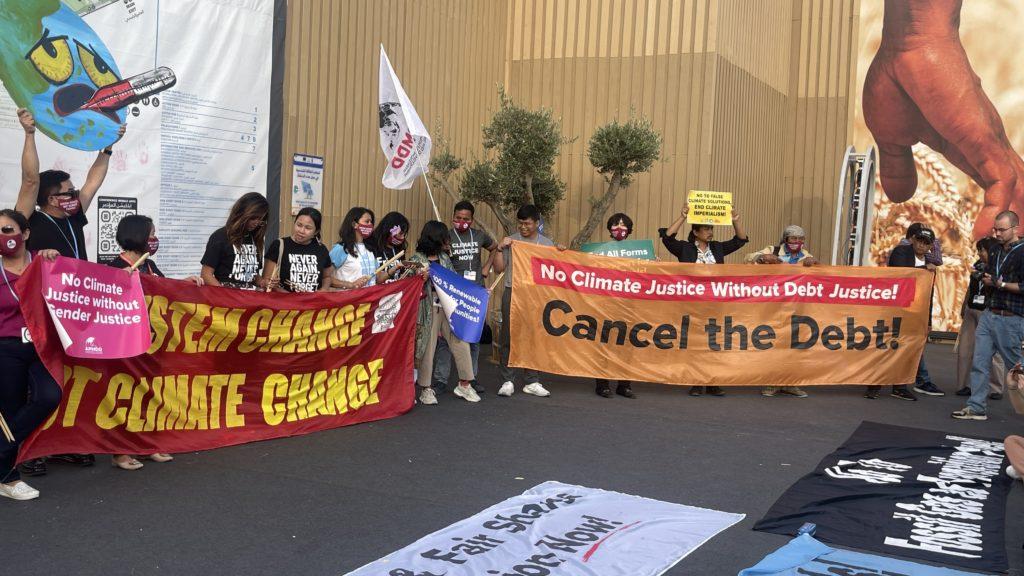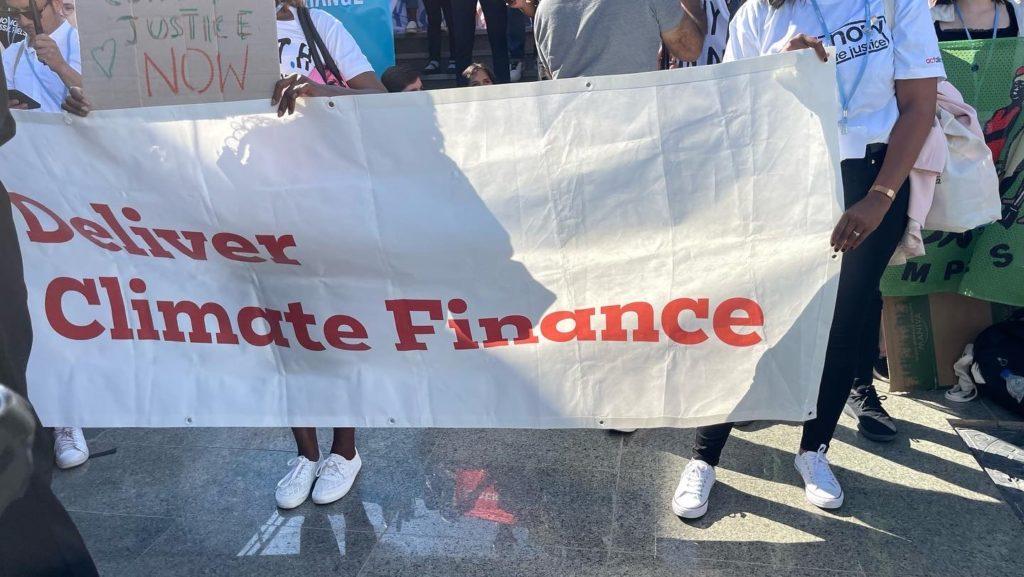
As the UN climate talks in Sharm El-Sheikh, Egypt, near the official end – of Friday, the 18th – climate finance and financing loss, damage and adaptation remain deadlocked.
At COP27, developed countries strongly opposed having any financial mechanism under the UN Framework Convention on Climate Change to address loss and damage.
Climate-related loss and damage include permanent and irreversible losses of lives, livelihoods, homes, and territory while simultaneously losing culture, identity, ecosystem services, and biodiversity.
The Oxfam report shows that developed nations failed to meet the $100bn climate finance goal in 2020.
“Money is not a problem. Rich nations have mobilized over USD 15 trillion to respond to the COVID pandemic, 150 times the USD 100 billion goals,” Read part of the report.
Oxfam estimates that only between USD 21 to 24.5 billion have been availed to developing countries, with developed nations claiming to have reached USD 83.3 billion in 2020. Further, the Oxfam report says 70 percent of public finance is given in the form of loans, pushing developing countries further into debt.
Thirteen years since the climate finance pledge was made in Copenhagen, the persistent need for a common definition of what counts as climate finance hinders tracking the USD 100bn progress resulting in double counting. The frustration expressed by Like-Minded Developing Countries, China, and the Cook Islands for the Alliance of Small Island States.
Rising Debts
The world bank says that in 2021, the African governments spent 16.5 percent of their revenues servicing external debt, up from less than five percent in 2010. In 2022, the bank projects a debt rise for sub-Saharan African countries at 58.6 percent of the Gross Domestic Product (GDP).
With the climate extremes affecting economies, the Covid-19 pandemic, and the Ukraine- Russia crisis, James Kinyangi, the African Development Bank (AfDB) coordinator for Special Climate and Development Funds, warns that the continent could lose about 50 billion dollars annually (3 percent of its GDP) from the effects of climate change by 2030.
AfDB says the continent requires about USD1.6 trillion between 2022-2030 to implement its Nationally Determined Contributions (NDCs). Not to mention the USD7-15 billion needed annually to build resilience and adapt to climate change in Africa.
The African Group of Negotiators (AGN) on Climate Change says developed countries must fulfill their commitment to restore confidence in the multilateral process.
The Senegalese minister for Environment, Sustainable Development, and Ecological Transition, Alioune Ndoye, hopes the group can reach tangible solutions by the end of this week.“We hope the COP reaches tangible results on the special circumstances and needs of Africa, adaptation, loss and damage and finance,” said Ndoye.

Difficulties accessing climate finance
Countries can access finance through different mechanisms agreed upon under the Kyoto Protocol and the Paris Agreement.
Facilities include the Global Environment Facility (GEF), the Special Climate Change Fund, the Least Developed Countries Fund, the Green Climate Fund, and the Adaptation Fund.
Additionally, bilateral agreements between nations and multilateral development financings such as through the world bank and the United Nations, among other 200 accredited agencies.
However, accessing finance has been a major challenge for Africa.
Although the Paris Agreement calls for making finance flows in line with a low emissions pathway and climate-resilient development, the G77 and China expressed strong concerns that the narrative around Article 2.1c by developed countries is “restrictive.”
South Africa, on behalf of the African Group, said developed countries use this article to block access to funds. Sentiments echoed by Pakistan.
Minister Ndoye, the African Ministerial Conference on Environment (AMCEN) President, added that the climate crisis is a systematic problem and Africa needs systematic solutions to enable the continent to achieve its development objectives.
